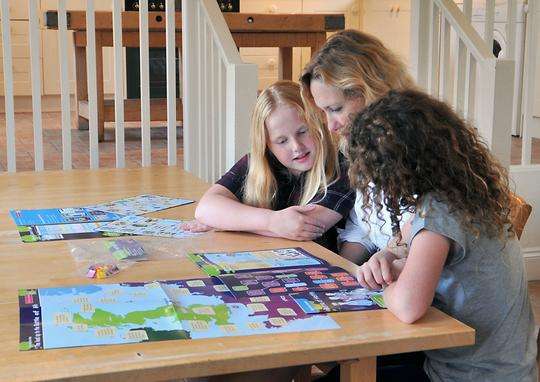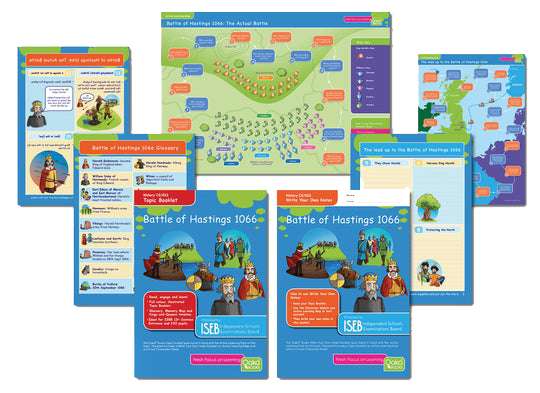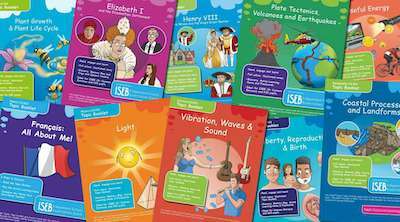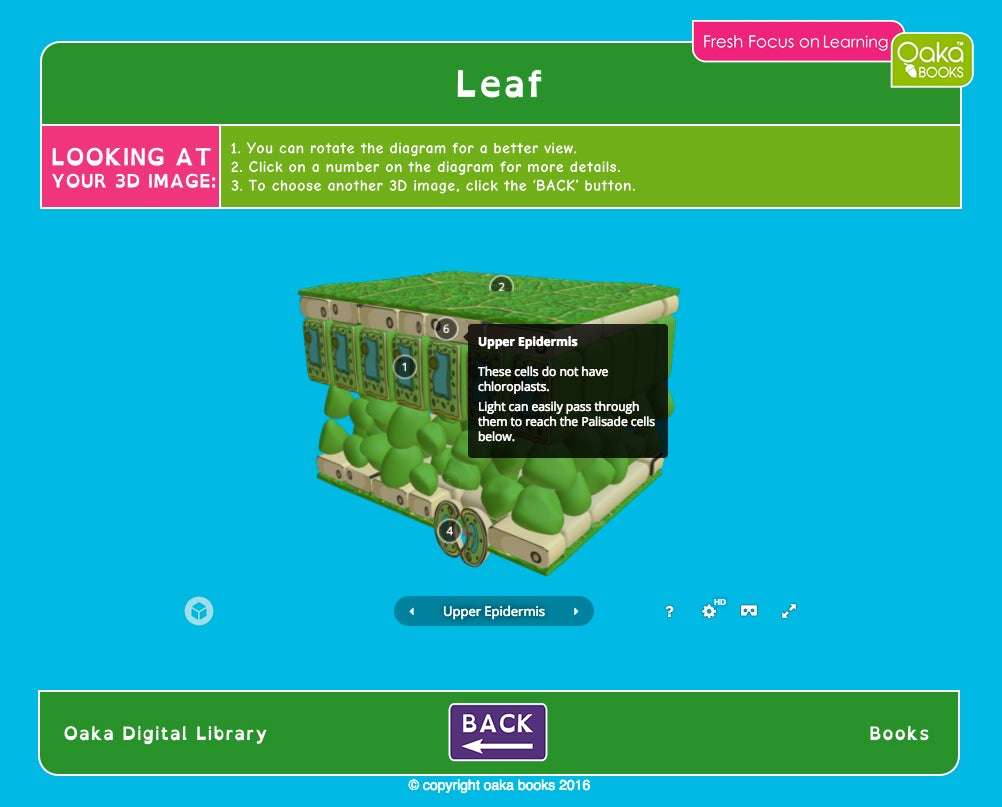Hurrah! Your child is into their choice of secondary school or public school. Job done and you can breathe a sigh of relief. Or can you?
The reality is that you have actually just arrived at possibly the most important phase of their secondary education. The trouble is that few people tell us that, or we don’t realise it for ourselves, until our child is about to begin the all important GCSE courses.
So, why is Key Stage 3 just so, well, key?
1. KS3 provides the basis for many GCSE subjects. This is especially true for Maths, Sciences and English. The GCSE courses build on the understanding and knowledge gained during KS3. It therefore stands to reason that the more your child grasps, understands and memorises during KS3, the easier GCSEs will be.
2. Don’t fall for the line ‘I haven’t started my GCSE course yet so it doesn’t matter’. For some subjects this may be true (History, Design & Technology are two) but for most, GCSEs build on what has already been taught. Many of the topics will be the same, just in a little more detail.
3. When your child is still keen and interested (ie has not yet hit the ‘grunting’ stage of teenage years), it is worth making the most of your chance to have an impact on their learning. KS3 is, in many cases, your ‘last chance saloon’. Not to mention, this is a great opportunity for you to both work together. Once they begin their GCSE courses this is much harder to do.
4. GCSE courses go VERY quickly. Your child will obviously refute this as they will clearly be the ‘slowest years of their lives’, but, trust me, they wizz past. If your child has not understood the basics they learned (or should have learned in KS3) it will make it much harder for them to keep up.
5. GCSEs can be passed with a degree of fact regurgitation. This can’t happen at ‘A’ level. If your child is moving into further education (especially in any of the core subjects), they will find life so much easier if they took the opportunity at KS3 to really understand the basic concepts. Using different methods to make their learning and memorising fun and engaging will really help.
Most importantly, if your child struggles at school then ‘little and often’ are wise words for KS3!





